community garden/urban renewal
birdy
22 years ago
Related Stories
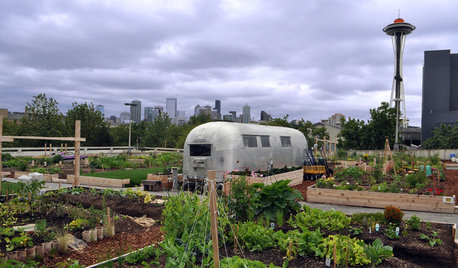
URBAN GARDENSCommunity Thrives Along With a Garage-Top Garden
Seattle neighbors join forces to create a large-scale community garden atop an old parking structure
Full Story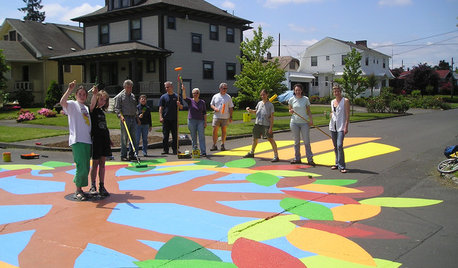
COMMUNITYCommunity Building Just About Anyone Can Do
Strengthen neighborhoods and pride of place by setting up more public spaces — even small, temporary ones can make a big difference
Full Story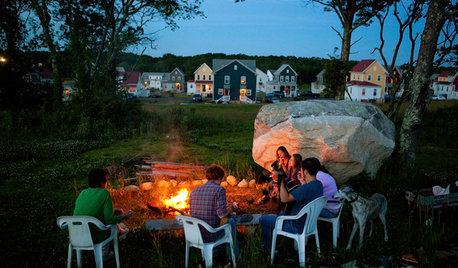
HOUZZ TOURSA New Community Flourishes in Rhode Island
Innovative affordable housing project offers new ideas for living with agriculture, art and each other
Full Story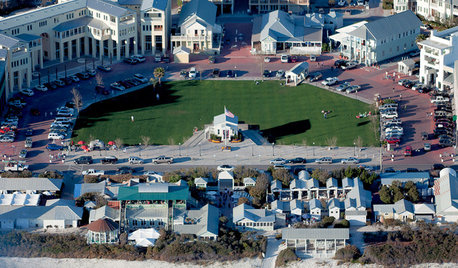
COMMUNITYTour a Pioneering Beach Town That Fosters Community
No cars, mixed-use zones, strict building codes ... a new book takes us inside Seaside, a champion of New Urbanism
Full Story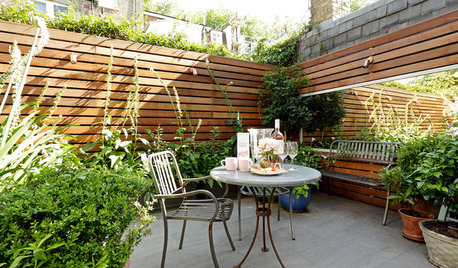
CONTAINER GARDENSPocket Gardens, Pint-Size Patios and Urban Backyards
A compact outdoor space can be a beautiful garden room with the right mix of plantings, furniture and creativity
Full Story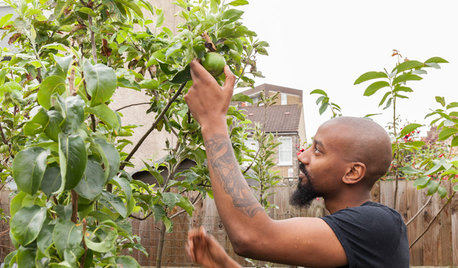
GARDENING GUIDESLush, Foodie Abundance in a Small Urban Garden
This modest backyard garden provides its owner with fruit and vegetables all year round, thanks to an innovative low-maintenance approach
Full Story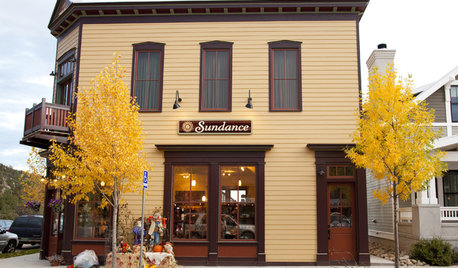
REMODELING GUIDESProject Tour: New Urbanism in Colorado
High-density community forges its own style from a mix of influences, uses and sustainable design ideas
Full Story
COMMUNITYIn L.A.’s Echo Park, a New Urban Development Takes Flight
Blackbirds, a new ‘microneighborhood’ near downtown, is Los Angeles’ latest small-lot urban infill project
Full Story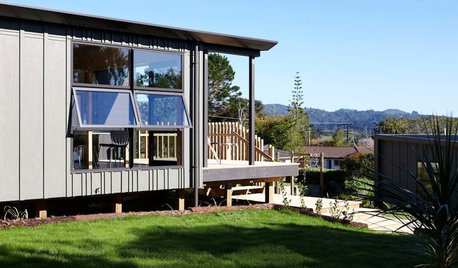
COMMUNITYTwo Homes Focus on Community
Energy-efficient houses in New Zealand adopt a neighborly point of view
Full Story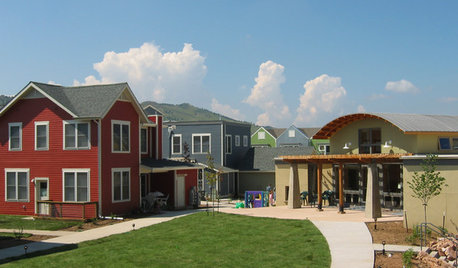
COMMUNITYTogetherness Take 2: Is a Cohousing Community for You?
Missing that sense of connection? Consider the new breed of neighborhood with a communal bent
Full StorySponsored






websterwords
girlgroupgirl
Related Professionals
Belmont Landscape Architects & Landscape Designers · Hershey Landscape Architects & Landscape Designers · River Forest Landscape Architects & Landscape Designers · Stamford Landscape Contractors · Waterbury Landscape Contractors · Wakefield Landscape Contractors · Cambridge Landscape Contractors · Crystal Landscape Contractors · Hendersonville Landscape Contractors · Kaysville Landscape Contractors · Mastic Beach Landscape Contractors · Shirley Landscape Contractors · Overland Park Siding & Exteriors · Worcester Siding & Exteriors · North Adams Siding & Exteriorsjosiebeth
Shellyglu